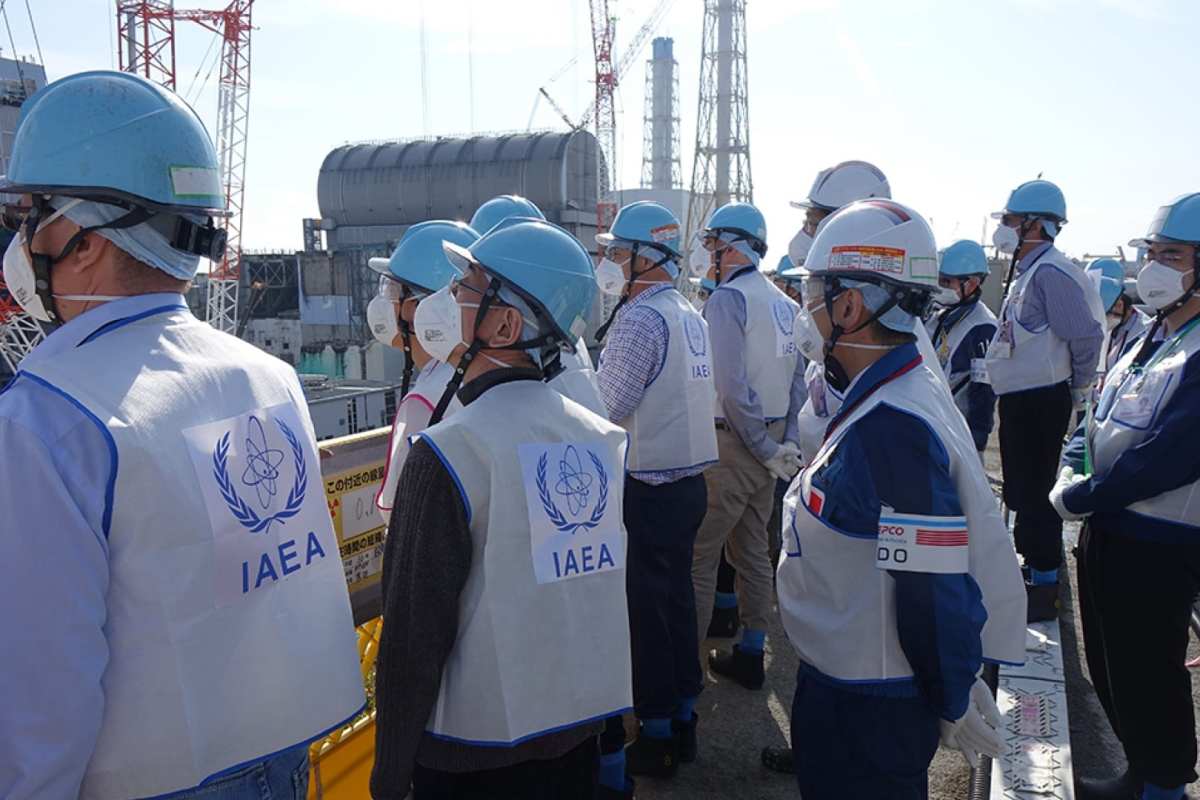

Iran has strongly criticised the International Atomic Energy Agency (IAEA)’s position on Friday, which it accused of “dualism” in its dealings with Iran on the one hand, and Israel on the other.
Iran’s ambassador to the IAEA, Kazem Gharibabadi, posted a tweet on Thursday evening stating: “The silence and indifference towards Israel’s nuclear programme sends a negative message to the members of the Treaty on the Non-Proliferation of Nuclear (NPT).”
He added that he believes this means that: “Membership in this treaty equals acceptance of the strongest verification and control procedures, while staying outside it means freedom from any obligation, criticism, and even receiving a reward.”
The Iranian ambassador made his comments in response to an interview with IAEA Director General Rafael Grossi, published by Energy Intelligence on 8 October.
Commenting on the reason behind devoting so much time to the Iranian nuclear programme and not to Israel’s, Grossi expanded during the interview: “Our relations with Israel are based on the one that you have with a country that is not a party to the NPT. Israel did not sign the treaty, and I am not assessing whether it is a good thing or bad.”
EU official: Iran not ready to return to nuclear talks
Iran signed the NPT in 1970, the year it entered into force.
Israel, which is not a signatory to the treaty, has repeatedly warned that it will do everything in its power to prevent Iran from acquiring nuclear weapons.
The NPT calls on the signatories: “To achieve the cessation of the nuclear arms race and to undertake measures in the direction of nuclear disarmament.”
Israel is considered the only nuclear power in the Middle East, and it is estimated that it has up to 300 nuclear warheads. However, it has always denied this.
Israel strongly opposes the agreement on the Iranian nuclear file concluded in 2015 between Tehran and the six major powers, considering that it would enable Tehran to acquire nuclear weapons and threaten its existence.
Related posts:
Views: 0
 RSS Feed
RSS Feed

















 October 16th, 2021
October 16th, 2021  Awake Goy
Awake Goy  Posted in
Posted in  Tags:
Tags: 
















